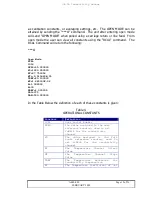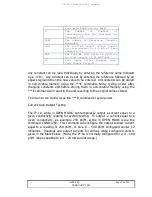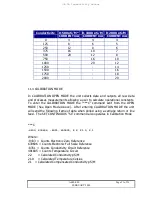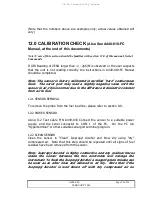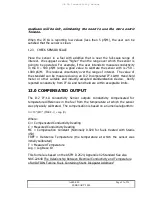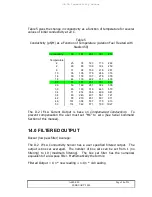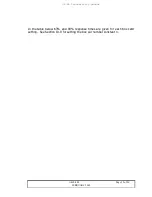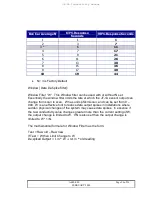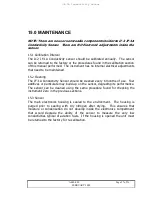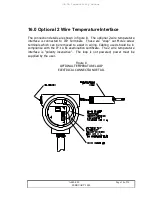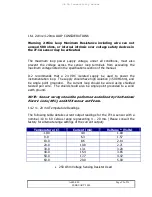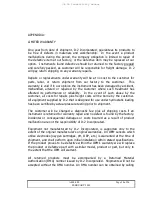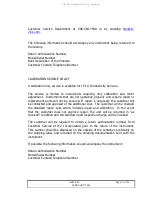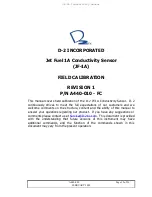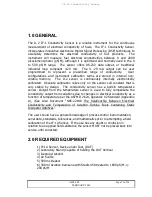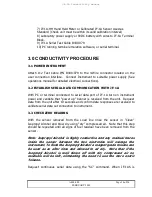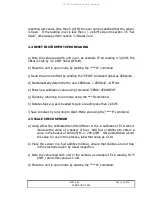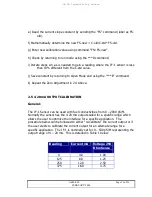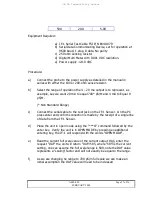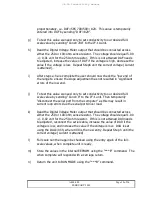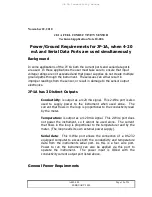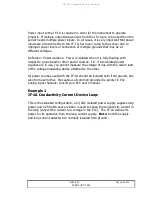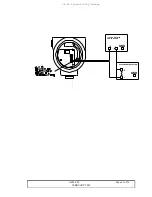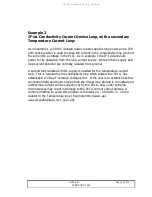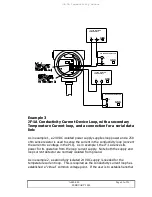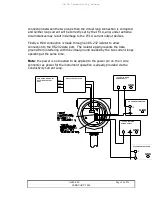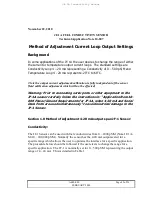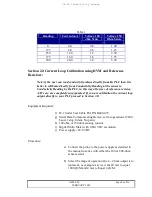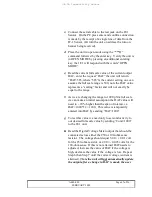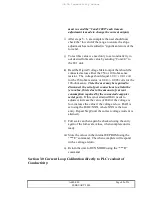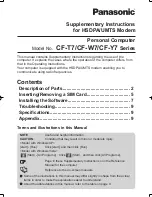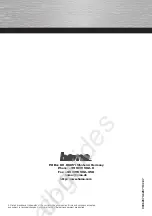
JF-1A Conductivity Sensor
A440-009
Page 33 of 56
FEBRUARY 2009
1.0 GENERAL
The D-2 JF-1 Conductivity Sensor is a reliable instrument for the continuous
measurement of electrical conductivity of fuels. The JF-1 Conductivity Sensor
incorporates innovative electronics Digital Signal Processing (DSP) techniques to
accurately determine the electrical conductivity of fuel products. The
instrument will measure fuel electrical conductivities between 0 and 2000
picosiemens/meter (pS/M), although it is optimized and normally used in the 0
to 500 pS/M range. The sensor offers RS-232 data output, or traditional
industrial loop compliant 4-20 mA. The 4 -20 mA output can be user
programmed to represent a prescribed range of conductivity. User
configurations and instrument calibration terms are stored in internal non-
volatile memory. The D-2 sensor is continuously internally electronically
calibrated. Absolute calibration relies only on the sensor cell constant that is
very stable by design. The conductivity sensor has a built-in temperature
sensor. Output from the temperature sensor is used to fully compensate the
conductivity output from variations due to changes in electrical conductivity as a
function of temperature per the ASTM D 2624, Appendix X2 Standard (Appendix
A), (See Also Document “NRC-22648 The Relationship Between Electrical
Conductivity and Temperature of Aviation Turbine Fuels Containing Static
Dissipater Additives”.
The user should have a general knowledge of process control instrumentation,
serial data, standards, tolerances, and mathematics prior to attempting a field
calibration of the JF-1A Sensor. If the use has any doubt or confusion in
relation to an applied field calibration the sensor MUST not be placed back into
service until corrected.
2.0 REQUIRED EQUIPMENT
1) JF-1A Sensor, Device under Test, (DUT)
2) Laboratory Stand (Capable of holding the DUT Vertical
3) Isopropyl Alcohol
4) Air Source
5) 500 mL Beaker
6) 300 ml Aviation Kerosene with Stadis 450 treated to 1600 pS/M +/-
200 pS/M

